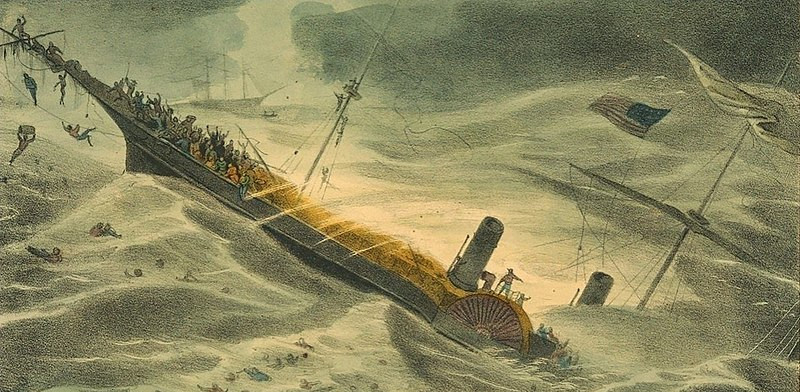Cruising off Rhode Island in 1717, pirate Samuel Bellamy plundered a Boston sloop and granted his crew’s wish to sink her. Before putting the captain ashore, Bellamy told him:
I am sorry they won’t let you have your sloop again, for I scorn to do any one a mischief, when it is not to my advantage; damn the sloop, we must sink her, and she might be of use to you. Though you are a sneaking puppy, and so are all those who will submit to be governed by laws which rich men have made for their own security; for the cowardly whelps have not the courage otherwise to defend what they get by knavery; but damn ye altogether: damn them for a pack of crafty rascals, and you, who serve them, for a parcel of hen-hearted numbskulls. They vilify us, the scoundrels do, when there is only this difference, they rob the poor under the cover of law, forsooth, and we plunder the rich under the protection of our own courage. Had you not better make then one of us, than sneak after these villains for employment?
The captain replied that his conscience forbade him to break the laws of God or man. Bellamy returned, “You are a devilish conscience rascal! I am a free prince, and I have as much authority to make war on the whole world as he who has a hundred sail of ships at sea and an army of 100,000 men in the field; and this my conscience tells me! But there is no arguing with such snivelling puppies, who allow superiors to kick them about deck at pleasure.”
(From Charles Johnson, A General History of the Robberies and Murders of the Most Notorious Pyrates, 1724.)

